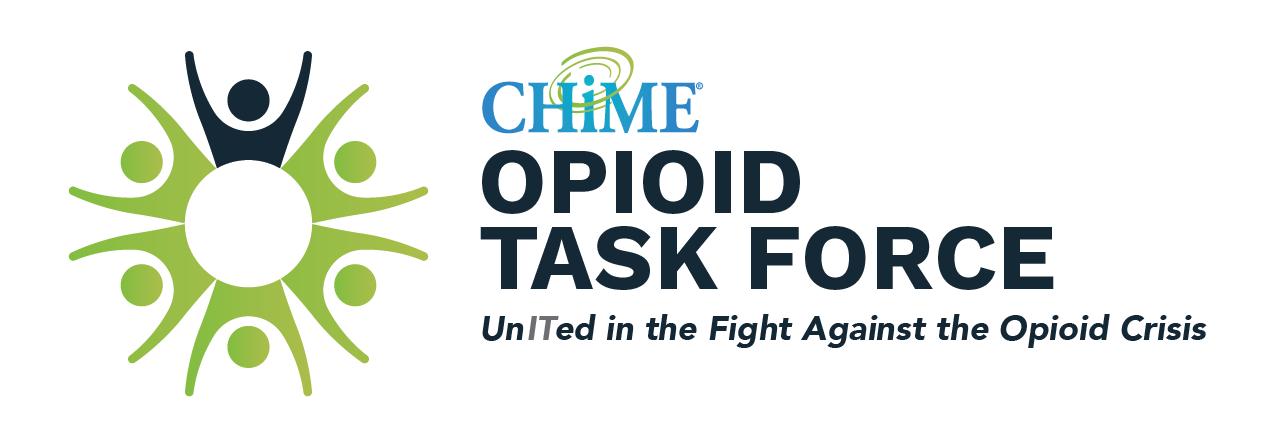Payers are in a unique position to respond to opioid addiction, with access to many more and different levers than traditional provider organizations typically have (e.g., the ability to waive naloxone co-pays, eliminate pre-authorization for certain treatments, etc.). When it comes to patient education and outreach, though, both payers and providers offer common keys to success.
One excellent example is Aetna’s “Guardian Angel” program, which is part of the company’s holistic three-pillar strategy implemented in 2016 to improve OUD prevention, intervention and support.
Launched in March 2018, the Guardian Angel program looks at claims data to identify members who have had an opioid overdose that resulted in an emergency room visit. From there, specially trained Aetna nurses and social workers reach out to the member with a phone call to offer support –including answering questions, providing education about naloxone or scheduling appointments with local in-network providers for follow-up care.
The program’s high level of engagement with members is one of its greatest successes. According to Dan Knecht, MD, vice president of health strategy and innovation at Aetna, between 40-50 percent of calls result in a “meaningful conversation” that aims to understand and address the member’s unique needs. “Unfortunately, these folks are trapped in the cycle of addiction. They need and want help, but they often do not have a good sense of how to navigate the healthcare system after they are discharged from the hospital,” Knecht notes.
Knecht cites four key factors behind the Guardian Angel program’s success to date:
- Actionable data insights. Aetna focused on a known gap in care (i.e., follow-up post-discharge after an opioid overdose) and leveraged analytics to specifically target at-risk members.
- Understanding unique circumstances. “Some members just need education, or a few questions answered, but others need specific services,” Knecht says. “It is important to be able to account for those differences and adapt to each unique situation.”
- The right people doing the right thing. According to Knecht, “The clinicians making the outbound calls need to be extremely knowledgeable; you can’t have someone who isn’t an expert doing this kind of outreach.”
Intervening at the right time. “This program works because we are reaching out and offering support at a key moment in these people’s lives,” Knecht says.
